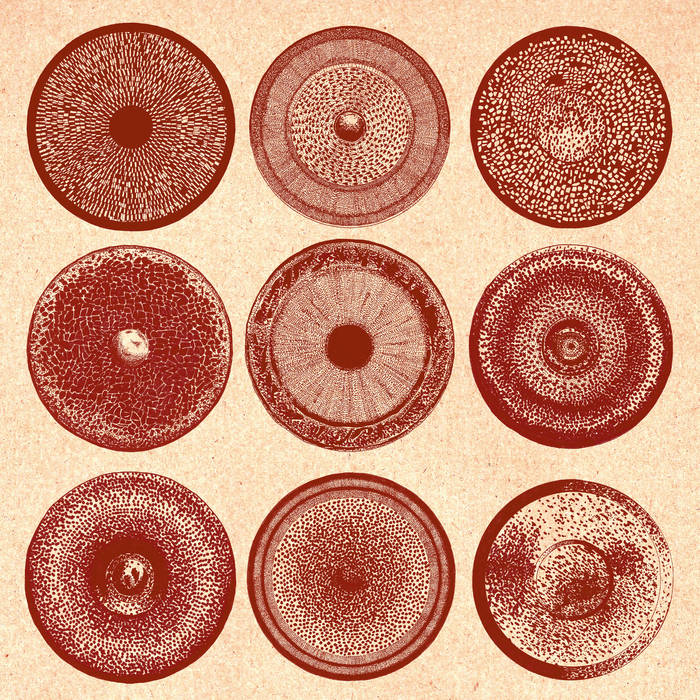All music is inherently syncretic, traditional and contemporary alike, and it’s impossible (not to mention undesirable) to maintain complete musical purity. If this wasn’t the case, there would be no mystery to the nature of music, and no power. That being said, there can be a thin line between a genuine musical dialogue across borders and treacly garbage.
One path towards engaging with different forms of traditional music in a way that maintains vitality and invention can be found in the world of improvised music. This is, in part, because improvised music always varies heavily based on regional scenes, regardless of nationality – even the AACM and the Black Artists Group sound totally different from one another, even though Chicago is just a train ride away from St. Louis. Much of the thrill of improvised music comes from hearing improvisers reckon with their different perspectives and approaches, and using that friction to continually push the music forward. This is a big part of the reason that, for example, Don Cherry’s work with the Organic Music Theatre, or the records Cheikh Tidiane Fall made with various figures in the loft jazz scene, never feels like an exercise in hands-across-the-world naivete.
This is the lineage that Australian percussionist Will Guthrie is engaging with, particularly with his group Ensemble Nist-Nah. Guthrie has a long background in improvised music, and his collaborations with Oren Ambarchi, Mark Fell and Hong Chulki demonstrate how much he thrives off being pushed forward and challenged in his improvising. Ensemble Nist-Nah is a percussion ensemble with an ever-changing lineup, which currently consists mostly of fellow musicians in Guthrie’s adopted home of Nantes. The music they perform is a variation of Javanese gamelan, but it’s equally informed by free jazz, experimental percussion music, and psychoacoustic sound art. Whereas their previous album, 2022’s Elders, felt more like an inverted gamelan session, their latest, Spilla, leans more into the aforementioned experimental sonic elements.
The record opens up with a bang on ‘Gerak Maju’, a laser-focused rhythmic exercise that sounds like Autechre rewired for acoustic percussion. ‘Bleed’ cycles back and forth between isolated frenetic, minute percussion and jazz-inflected sections that are almost reminiscent of fellow Australian jazz deconstructionists The Necks. The effect is like being submerged in sound and energy.
Throughout Spilla, Guthrie’s trap set takes a more prominent role than on previous Nist-Nah releases. One particular highlight, the aptly titled ‘Ghost Klang’, is driven by a serpentine drum rhythm that calls to mind Billy Hart and Jack DeJohnette’s playing on Miles Davis’ On the Corner album – coincidentally, another jazz album that incorporates non-Western musical influences in a unique and radical form.
More than a mere excursion into gamelan music, Spilla is an extension of the percussion practice that Guthrie has been honing for decades. It’s a craft that has solidified his position as one of the most original, forward-thinking and musically rich percussionists in experimental music today.


